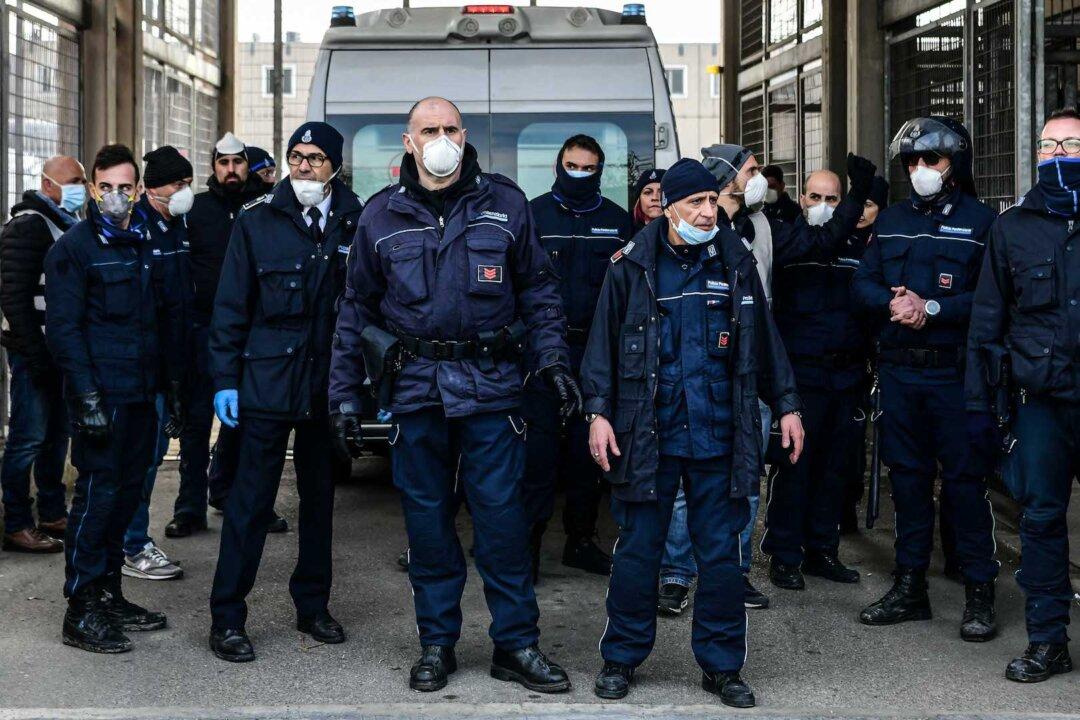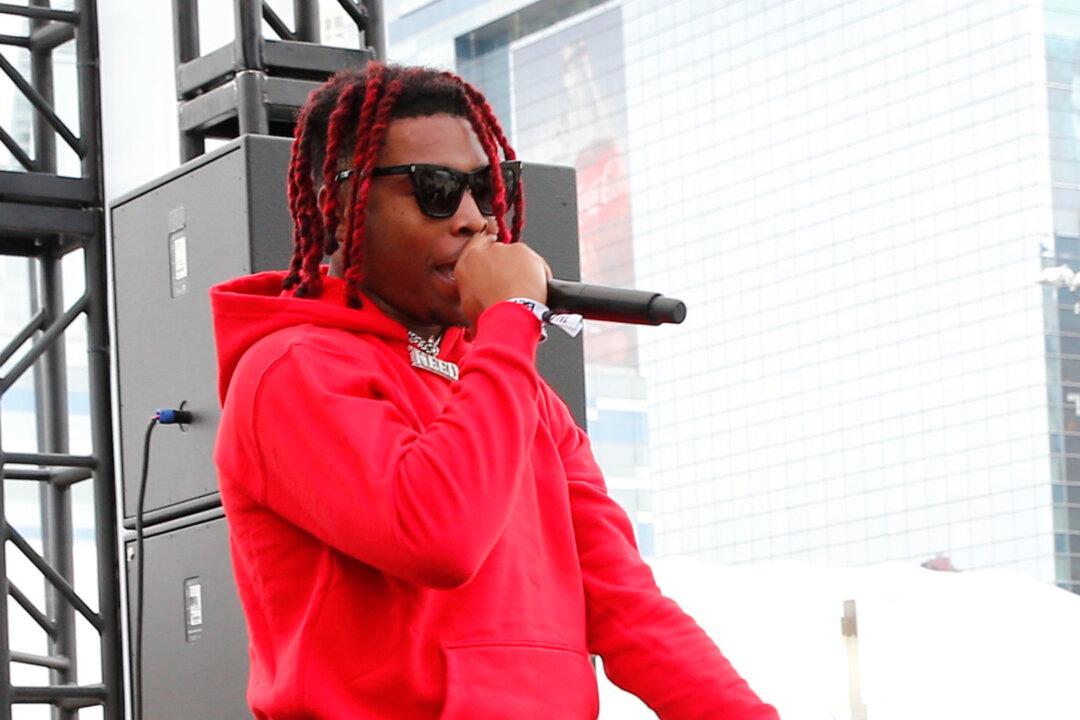Inmates rioted and overran a number of prisons in Italy on Monday, escaping their facilities and kidnapping officers, as the ripple effects of a drastic coronavirus lockdown in the country’s north started to take hold.
Riots took place in 22 prisons after visitors were banned in an effort to curb the spread of coronavirus, the Justice Ministry said in a statement. Multiple inmates have died in the riots, and some continue to occupy their facilities, even reaching the roof in some cases.




